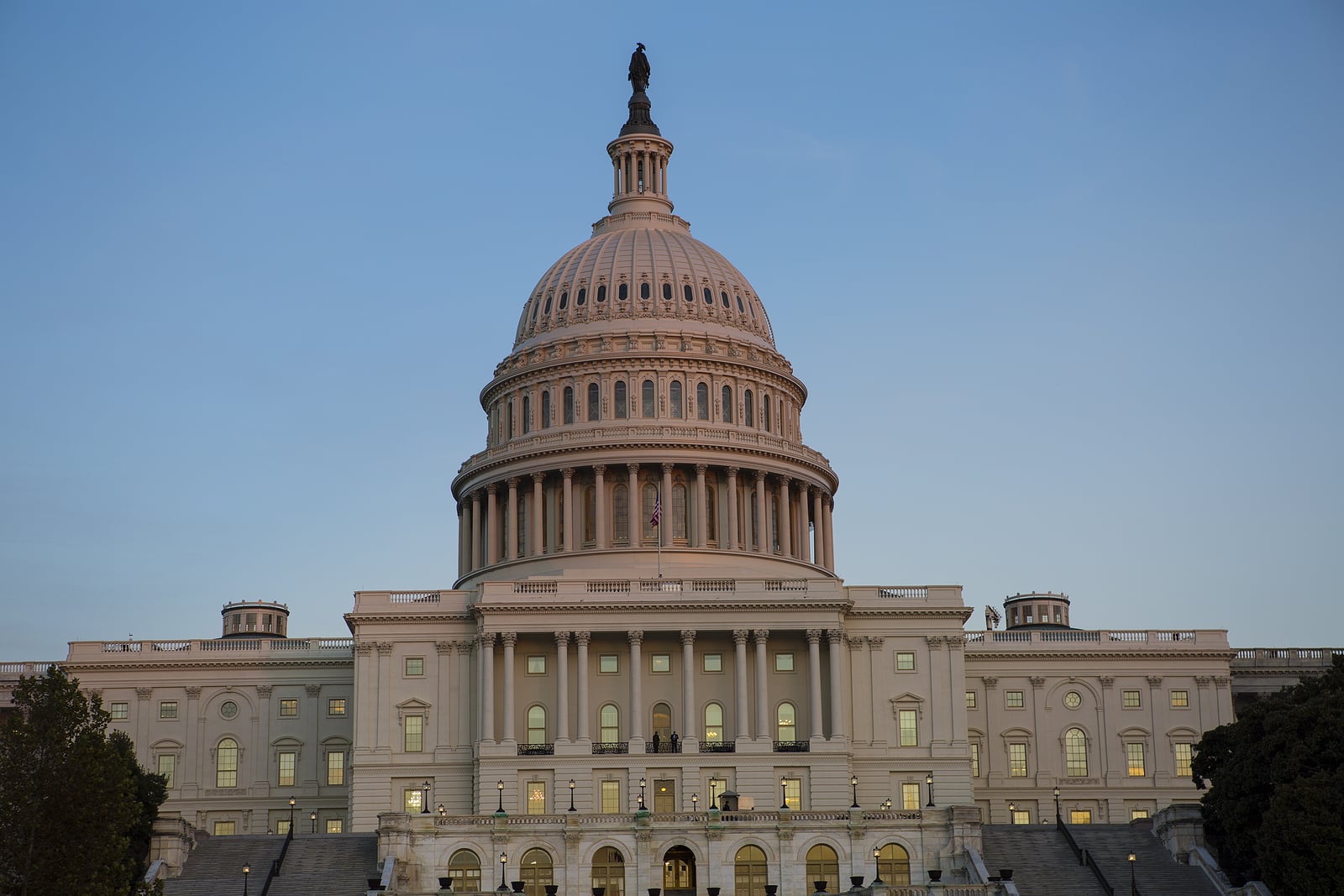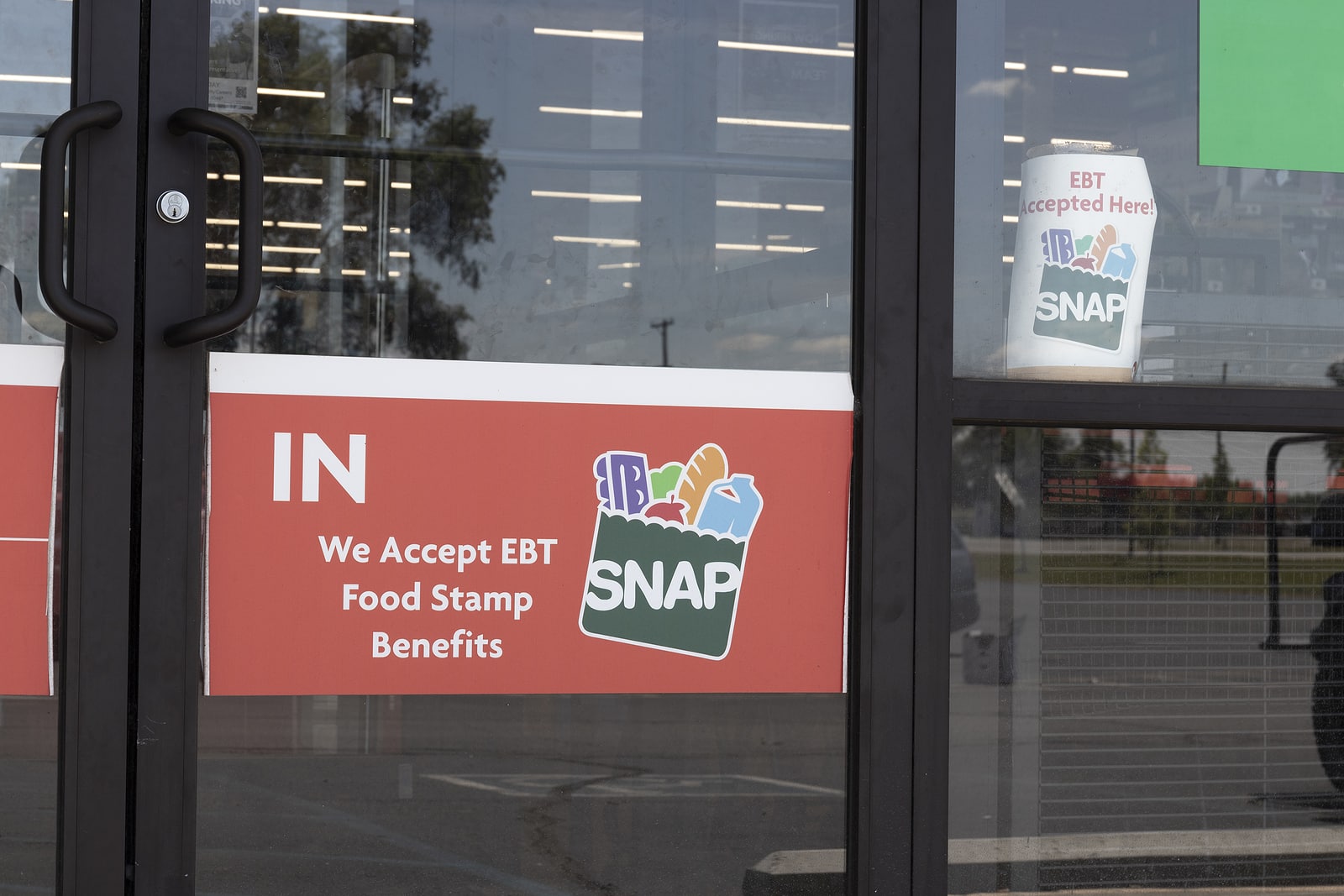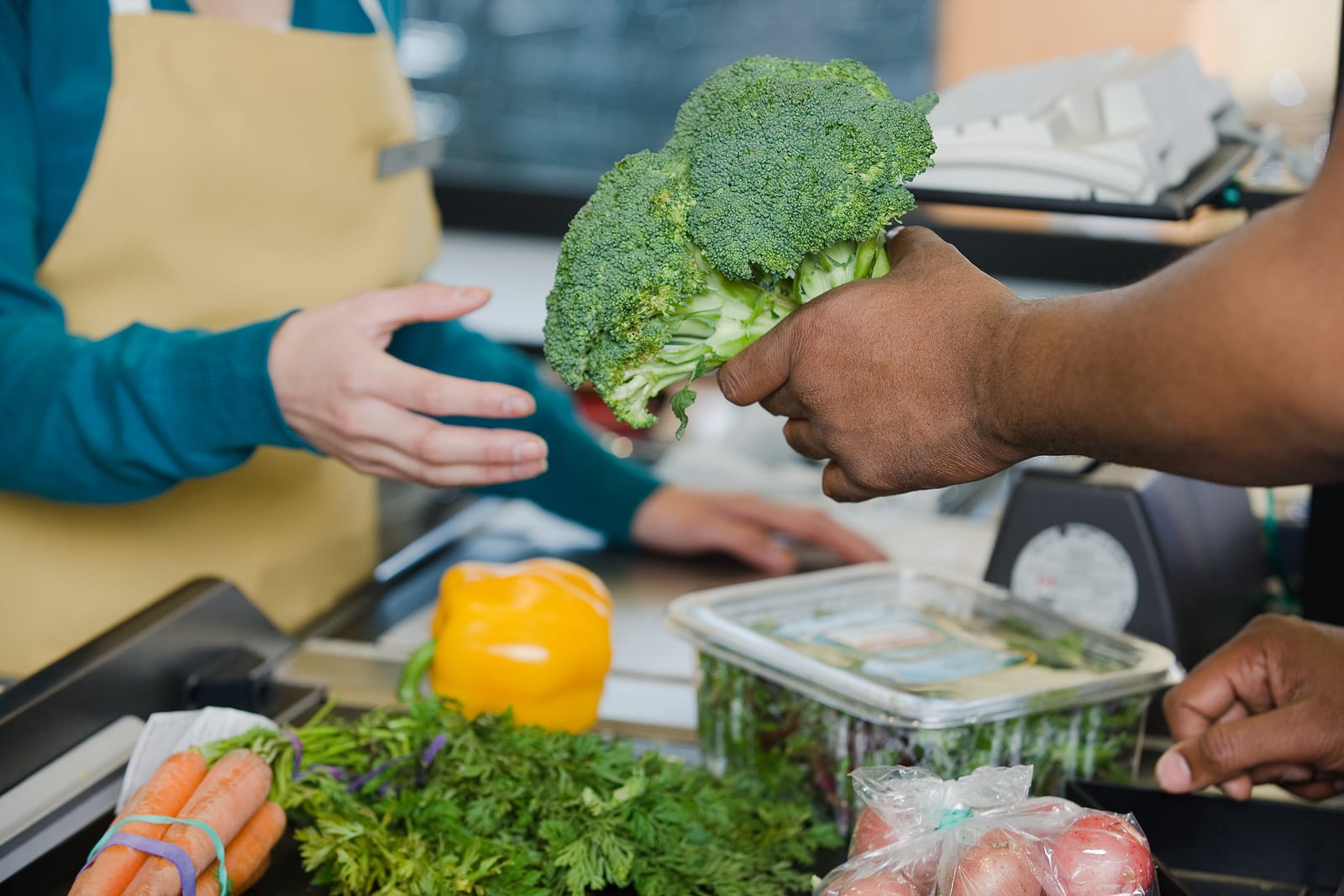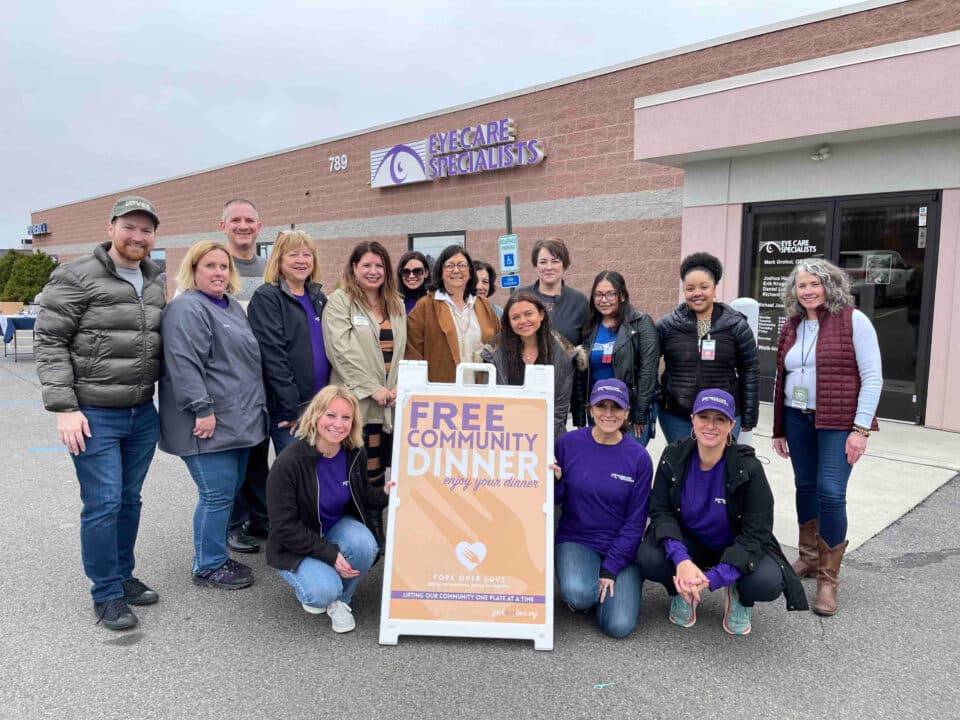As the federal government shutdown roars on, individuals facing food insecurity bear the brunt of the Congressional deadlock. Funds for Supplemental Nutrition Assistance Program (SNAP) and Supplemental Nutrition Program for Women, Infants, and Children (WIC) program have run dry, leaving thousands of Pennsylvanian households without critical support.

We’re taking a look at what this means for Pennsylvanians and the charitable food network, and how we can support one another through this difficult time.
What’s Happening
On October 1, 2025, the most recent federal government shutdown began after a Congressional divide on funding legislation for 2026 led to a stalemate. Concurrently, the Pennsylvania House and Senate are at a months-long impasse over proposed spending plans. While certain federal programs like Social Security, military spending and VA benefits will remain intact regardless of the shutdown, other critical programs face disruption and indefinite cancellation. This includes housing assistance, early childhood education programs and both SNAP and WIC, leaving vulnerable, low-income families at particular risk for hunger. The Pennsylvania government recently announced that SNAP payments ceased as of October 16, 2025.

There has been no evidence of a SNAP intervention plan by the Trump administration. Contingency funds do exist, but would not even cover November. The Trump administration shifted funding to cover WIC for October, but the future of that program also appears dire. As SNAP and WIC funding ends, it’s unlikely for recipients to receive this critical support until a Congressional resolution and end to the shutdown. Our most vulnerable populations are caught in the crosshairs of this political strife.
Jennifer Warabak, Executive Director of the Commission on Economic Opportunity and Weinberg Northeast Regional Food Bank says, “The loss of SNAP and WIC benefits — even for a short period of time — would be devastating to our community. In our four-county Northeast Pennsylvania service area, more than 120,000 adults, children, senior citizens, Veterans and disabled individuals rely on SNAP benefits to meet their basic food needs. These families have no extra resources to make up for this loss and will turn to our network of food pantries and meal programs for help.”
It’s important to remember that SNAP is not a “handout,” but a powerful economic multiplier that creates a ripple effect of revenue streams for local farms and businesses and continued job creation in a variety of sectors. The USDA’s Economic Research Service found that, during a time of downturn, every dollar of additional SNAP spending generates $1.54 in domestic economic activity.

SNAP retailer in Tipton, PA
As SNAP and WIC benefits vanish, even more Pennsylvanians turn to the state’s charitable food network for sustenance, a system already under duress due to a variety of factors. The timing also corresponds with the holiday season, posing even further challenges.
Warabak says, “The demand for food assistance has been rising steadily for the past two years. Each quarter, we serve more families — many of whom are seeking help for the first time as they struggle to make ends meet. The charitable food system is already stretched thin by increasing demand, rising food costs and limited funding. Any reduction or disruption in SNAP benefits will lead to an overwhelming surge in need. According to statistics published by the PA Department of Human Services, more than $21 million dollars in SNAP benefits may not be distributed in the four- county CEO Weinberg Foodbank service territory in November.”
The Needs
To understand the needs created by this crisis, we can look at what SNAP and WIC provide for families and individuals in the Commonwealth.
In Pennsylvania, roughly two million people rely on SNAP to get the food they need, a record high number set in 2024. This is about 15% of the state’s population, and about one in seven of our neighbors. To qualify for SNAP, one generally must be at or below 130% of the federal poverty line, which is $15,650 per year for an individual and $32,150 per year for a family of four. The average national SNAP household receives approximately $332 per month to spend on groceries. The One, Big, Beautiful Bill Act, passed in July, 2025, has further limited eligibility for hunger relief programs like SNAP.

SNAP often bridges the gap for people dealing with housing, health, employment and other factors impacting their finances and wellbeing. It allows them to get by, month to month, with groceries meeting basic needs.
WIC is a special supplemental nutrition intervention program for new mothers and caregivers with children under five years old. It provides groceries like fresh produce, baby food, eggs, beans and cheese in addition to breastfeeding support, meal planning and connections to medical, dental and mental health support. There are over 20 WIC clinics across PA and hundreds of partnering grocery stores. Over 185,000 low-income Pennsylvanians use WIC during this particularly vulnerable phase of caregiving.

How You Can Help
There are ways to help support neighbors in your community during this especially challenging time. About one in eight Pennsylvanians experiences food insecurity, and about half live paycheck to paycheck, not far removed from deep financial strain. The need is all around us.
Follow the Lead of Charitable Food Agencies
There are myriad food pantries, cupboards and food banks in Pennsylvania with the infrastructure and expertise for reaching as many people as possible with the fewest resources. These organizations are the front lines of hunger relief in the state, and have the most current knowledge of policy and need.
Follow these organizations on social media, including Facebook, LinkedIn and Instagram, where they share updates and requests. Call your local food agency to see what they could use. If you’re looking for ways to help, these organizations are where to start.
Consider Making a Financial Donation
While a food drive or one-time donation is always appreciated, a financial contribution typically goes the farthest in terms of impact. Charitable food agencies have access to wholesale and discounted bulk prices and special food sources with a keen knowledge of inventory needs. Donations to food banks are tax deductible and allow them to make the most of every dollar.
Roll Up Your Sleeves
Large scale food distributions require manpower, and taking a regular shift at a local food bank or pantry is a powerful way to uplift your community.

Tasks run the gamut from reception, organization and stocking to food preparation and packing, distribution, delivery and administrative duties. You can connect with the state’s food banks or smaller scale pantries, cupboards, distribution centers and community fridges to volunteer.
Advocate
Raise your voice on these issues by contacting your elected leaders. Find your Senators and Representatives here and your state legislators here and reach out. You can also use pre-populated emails by The Food Research and Action Center to urge Congress to protect SNAP and WIC recipients.
You can also attend local government meetings and connect with SNAP and WIC retailers near you to help bring awareness to these vital services.
If you or someone you know is in urgent need of food, call 211 or search here.
- Feature photo: Bigstock
- Volunteer photo: Canva
- All other photos: Bigstock



